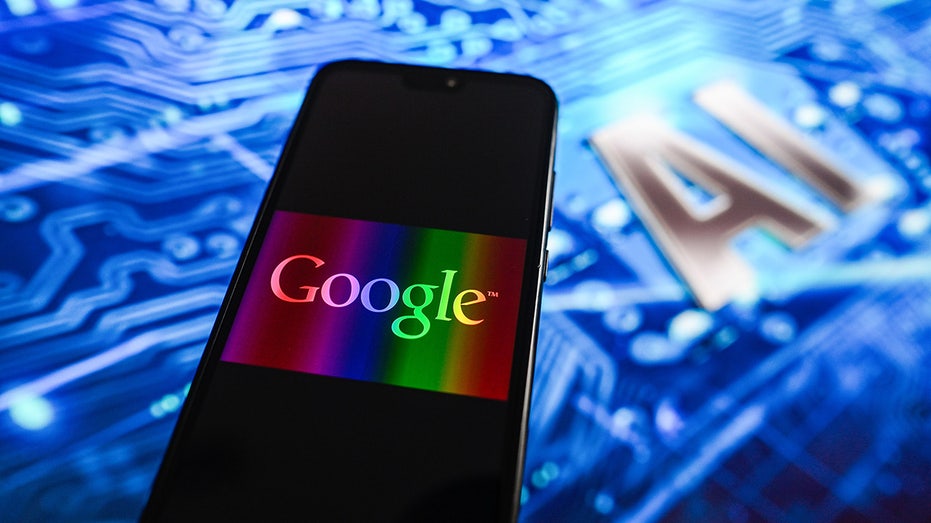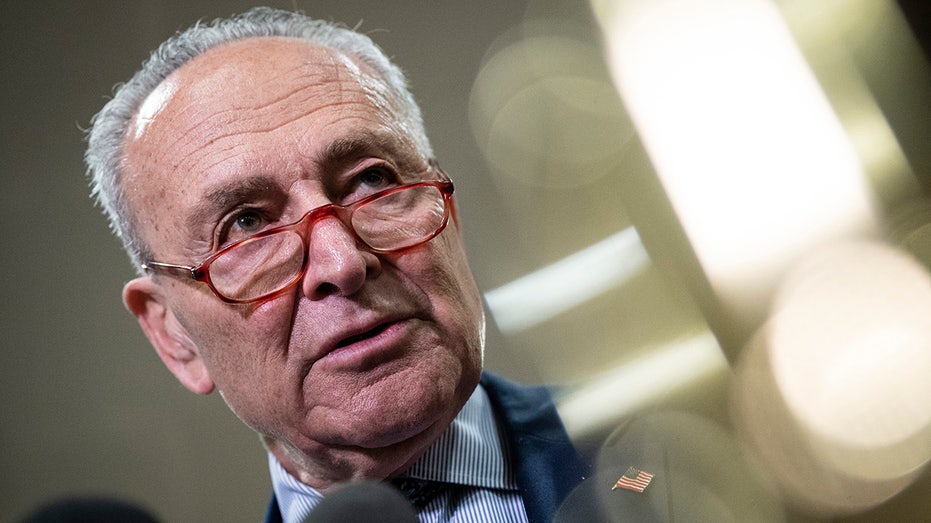Google to require political ads to disclose use of AI during 2024 election cycle
Google updates political content policy regarding artificial intelligence
Newsom has ‘no idea what he’s talking about’ with AI: Siebel
C3.ai CEO Thomas Siebel joins "Cavuto: Coast to Coast" to weigh in on California Gov. Gavin Newsom’s order for extensive studies to be done on the risks and uses of artificial intelligence.
Google announced Wednesday that it is changing its political content policy to require that campaigns disclose any use of artificial intelligence in advertisements ahead of the 2024 election cycle.
The updated political content policy, which will take effect mid-November 2023, "require[s] that all verified election advertisers in regions where verification is required must prominently disclose when their ads contain synthetic content that inauthentically depicts real or realistic-looking people or events," Google said. "This disclosure must be clear and conspicuous, and must be placed in a location where it is likely to be noticed by users."
The policy applies to image, video and audio content.

Google updated its policy on the use of AI in political ads. (Omar Marques / SOPA Images / LightRocket / File / Getty Images)
Google said "ads that contain synthetic content altered or generated in such a way that is inconsequential to the claims made in the ad will be exempt from these disclosure requirements," meaning campaigns that use AI for editing techniques such as image resizing, cropping, color or brightening corrections, "red eye" removal, or background edits "that do not create realistic depictions of actual events" will not have to disclose they have done so.
Examples of ads that would require a "clear and conspicuous disclosure" include an "ad with synthetic content that makes it appear as if a person is saying or doing something they didn’t say or do" and an "ad with synthetic content that alters footage of a real event or generates a realistic portrayal of an event to depict scenes that did not actually take place," Google said.

Senate Majority Leader Chuck Schumer, D-N.Y., speaks to reporters after a classified all-Senate briefing on AI at the U.S. Capitol on July 11, 2023, in Washington, D.C. (Drew Angerer / File / Getty Images)
Some presidential campaigns in the 2024 election have already used AI in their aids. For example, Florida GOP Gov. Ron DeSantis' campaign launched an ad in June that included AI-generated footage misrepresenting former President Donald Trump, the current GOP front-runner, hugging former chief medical adviser to the president and director of the National Institute of Allergy and Infectious Diseases Dr. Anthony Fauci.
In April, the Republican National Committee released an entirely AI-generated advertisement that depicted a dystopian future if President Biden were reelected.

Google is requiring campaigns to disclose the use of AI in political ads. (Lionel Bonaventure / AFP / File / Getty Images)
Last month, the Federal Election Commission advanced a petition to regulate ads that use artificial intelligence to depict rivals as saying or doing something they didn’t, the Associated Press reported.
GET FOX BUSINESS ON THE GO BY CLICKING HERE
Congress is working on ways to implement guardrails on deceptive AI content in the political sphere. Senate Majority Leader Chuck Schumer, D-N.Y., has expressed interest in potential legislation on the matter, the AP noted. And Politico reported that Congress is meeting with AI leaders next week, including Google CEO Sundar Pichai, as Google owns AI subsidiary DeepMind.




















